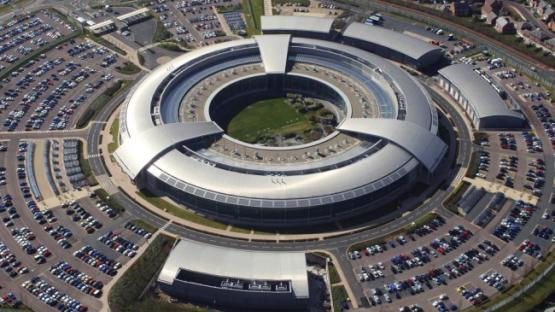Intelligence and Security Committee Report Exonerates GCHQ For Mass Surveillance Activities

The UK Parliament's Intelligence and Security Committee's report provides a long-awaited official confirmation that the British government is engaging in mass surveillance of communications. Far from allaying the public's concerns, the ISC's report should trouble every single person who uses a computer or mobile phone: it describes in great detail how the security services are intercepting billions of communications each day and interrogating those communications against thousands of selection fields. The ISC has attempted to mask the reality of its admissions by describing GCHQ's actions as "bulk interception". However, no amount of technical and legal jargon can obscure the fact that this is a parliamentary committee, in a democratic country, telling its citizens that they are living in a surveillance state and that all is well.
While we applaud the release of today's report, the public and Parliament should have been able to debate this a long time ago. This report should serve as a condemnation of the oversight and accountability framework in this country, since it is without question that the ISC would not have undertaken this review had it not been for Edward Snowden's actions. The fact that it took an individual risking his life to reveal illicit Government spying programmes to catalyse scrutiny of this kind is illustrative of the deeply ingrained secrecy amongst, and deference to, the security services in Britain. How can we ensure that the ISC of the future will do its job, given they have so fundamentally failed to do it until now?
We welcome the recognition by the ISC that reform of Britain's surveillance laws is overdue. The fact that the Committee itself has found that many of the activities of the intelligence and security agencies are undertaken in the absence of explicit authorisations should worry us all. There is a great need to fundamentally overhaul Britain's unnecessarily complicated and yet permissive surveillance laws, which do little to protect our rights and do not provide the public with the ability to understand how our agencies spy and under which circumstances surveillance will occur. By doing so, they have set a poor standard for the rest of the world.
Today's report is official confirmation that the security services will seek to overstep any powers that are granted to them. Any new surveillance law should therefore seek to restrain, and not expand, the Government's powers. As our Government develops new techniques that reach ever further into our private lives, including the expansive powers surrounding state-sponsored hacking, new debates are needed about whether the state should possess such capabilities, and the necessary new safeguards. Parliament must ensure that the law is fit for purpose, that all powers and actions are explicitly authorised by an independent judiciary, and properly overseen to audit use and address any abuse. Otherwise, we will find ourselves in a similar situation years from now without the benefit of a future Edward Snowden to prompt officials to do their jobs.